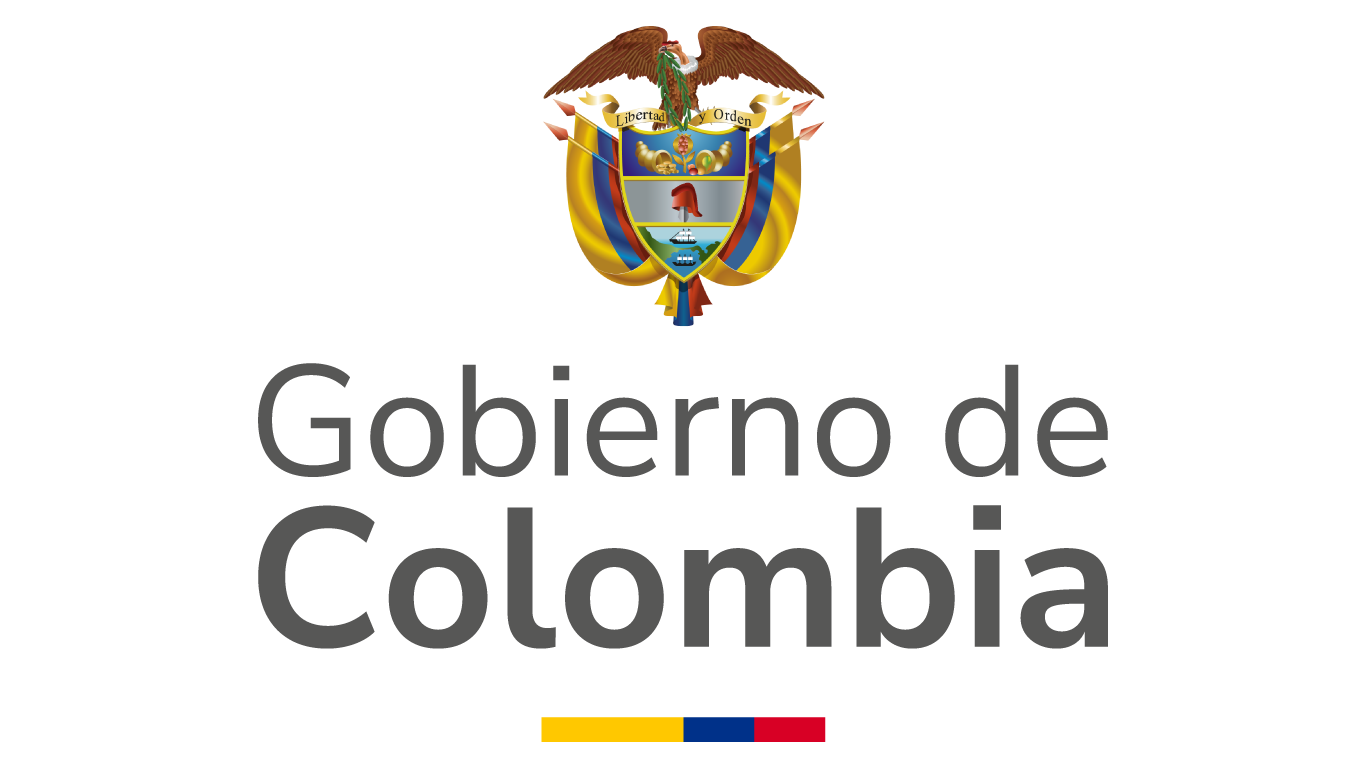Stockholm Convention on Persistent Organic Pollutants (POPs)
The Stockholm Convention on Persistent Organic Pollutants was signed on May 22 of 2001 in Stockholm and entered into force in May 2004.
The central goal of the Convention is to restrict and eliminate the production, use, storage and emissions of persistent organic pollutants (POPS). The Stockholm Convention seeks to eliminate 12 POPs in priority and establishes a mechanism for adding new substances.
The subsidiary bodies of the Convention are:
The Conference of the Parties (COP) is the highest decision-making body of the Convention. It meets at least once every two years and its decisions are taken by consensus. The 6th meeting of the COP, was held in Geneva on May 2013.
The Persistent Organic Pollutants Review Committee (POPRC) reviews chemicals proposed for inclusion in Annex A, Annex B, and/or Annex C.
The 10th Meeting of the Review Committee of Persistent Organic Pollutants (POPRC.10) took place in Rome from 27 to 30 October 2014.
Colombia and the Stockholm Convention
The Convention was adopted in Colombia by Law 1196 of 2008 and declared enforceable by the Constitutional Court sentence C-944/08 and entered into force in January 20 of 2009.
According with the Stockholm Convention, the use of DDT was banned by Resolution 010255 of the Ministry of Social Welfare (now Ministry of Health and Social Protection). In 2010 Colombia adopted the National Implementation Plan of the Stockholm Convention on POPs, which was submitted to the Secretariat of the Convention in July of that year.
The follow-up and implementation of the Convention is a competency of the Ministry of Environment and Sustainable Development








